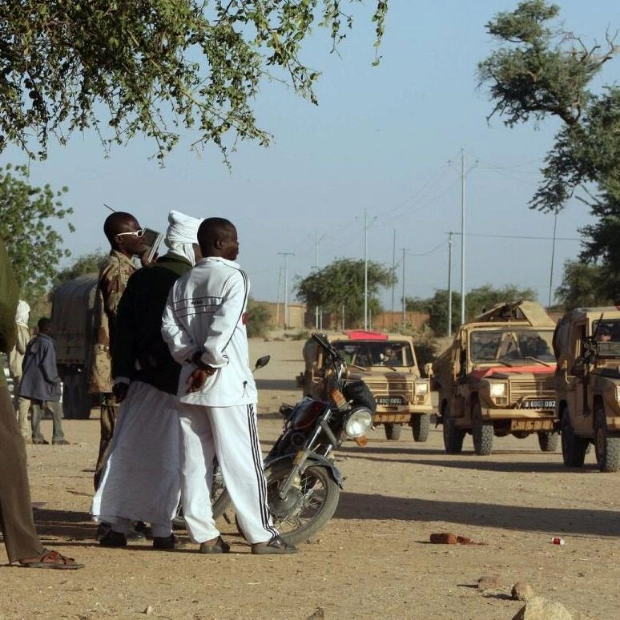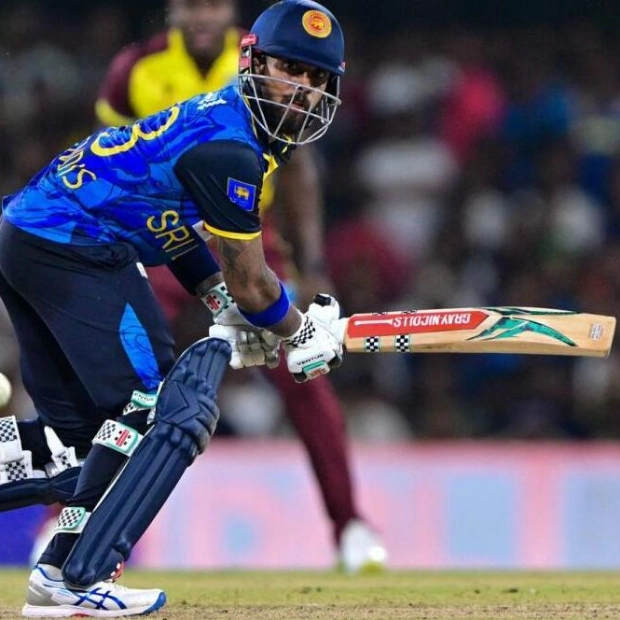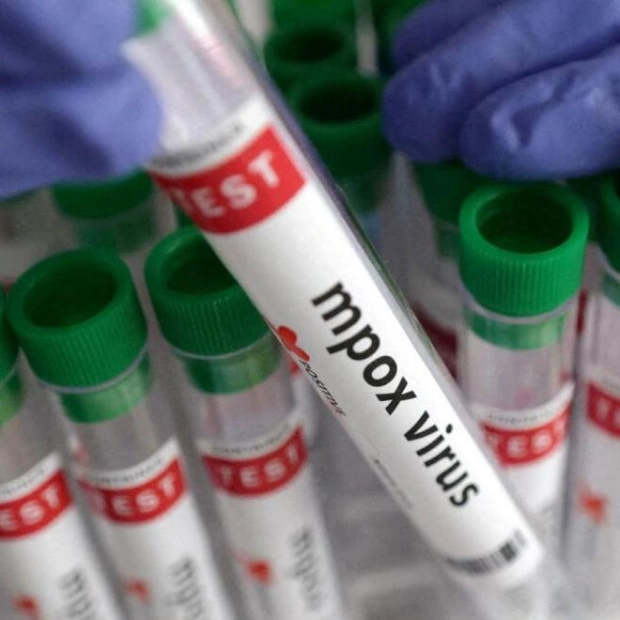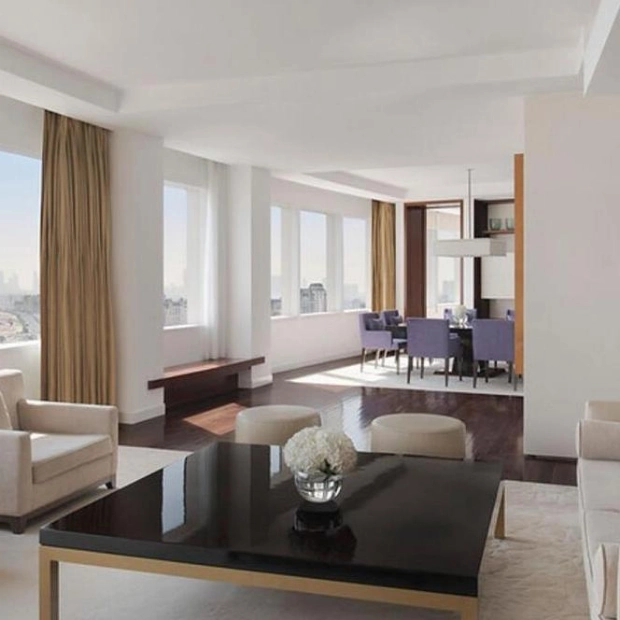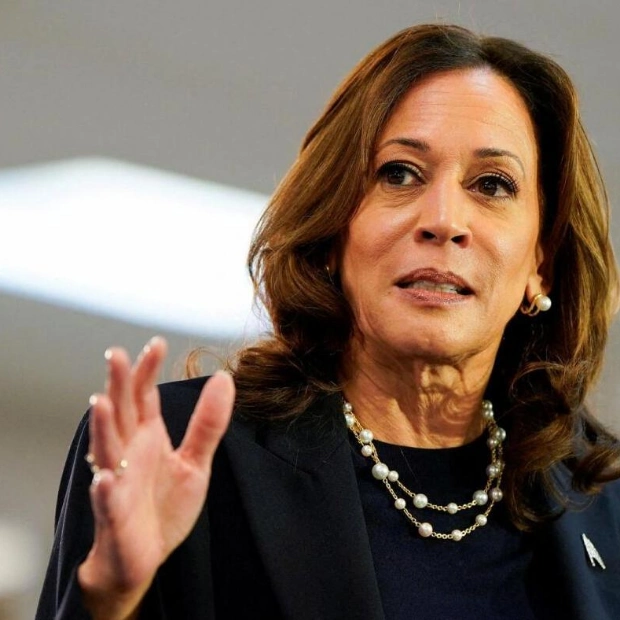On Saturday, soldiers were deployed to patrol Bangladeshi cities in an effort to suppress escalating civil unrest triggered by student protests. Riot police fired upon protesters who disregarded a government-imposed curfew. According to an AFP tally based on reports from police and hospitals, the violence this week has resulted in at least 115 fatalities. This poses a significant challenge to Prime Minister Sheikh Hasina's administration, which has been in power for 15 years. Following the failure of police to control the widespread chaos, a government curfew was enacted at midnight, and the premier's office requested military intervention. 'The army has been deployed nationwide to control the law and order situation,' stated armed forces spokesman Shahdat Hossain to AFP. The curfew is set to continue until at least 10am (0400 GMT) Sunday, as reported by private broadcaster Channel 24. At dawn, the streets of the capital, Dhaka, were largely empty, with troops patrolling the city on foot and in armored personnel carriers. Later in the day, thousands returned to the streets in the Rampura residential neighborhood, where police fired live rounds, injuring at least one individual. 'Our backs are to the wall,' said protester Nazrul Islam, 52, at the scene. 'There's anarchy going on in the country... They are shooting at people like birds.' Hospitals have been reporting an increasing number of gunshot fatalities to AFP since Thursday. 'Hundreds of thousands of people' clashed with police across the capital on Friday, according to police spokesman Faruk Hossain. He added that at least 150 police officers were hospitalized, another 150 received first aid, and two officers were beaten to death. Protesters also set fire to numerous police booths and vandalized many government offices. A spokesman for Students Against Discrimination, the primary group organizing the protests, informed AFP that two of its leaders had been arrested since Friday. Additionally, a senior official from the main opposition Bangladesh Nationalist Party (BNP) was arrested early Saturday. Prime Minister Hasina had planned to embark on a diplomatic tour but canceled her plans due to the escalating violence. 'She has cancelled her Spain and Brazil tours due to the prevailing situation,' her press secretary Nayeemul Islam Khan told AFP. This month's near-daily marches demand the abolition of a quota system that reserves over half of civil service positions for specific groups, including children of veterans from the country's 1971 liberation war against Pakistan. Critics argue that this system favors children of pro-government groups that support Hasina, who has been in power since 2009 and secured her fourth consecutive election victory in January. Hasina's government faces accusations from rights groups of exploiting state institutions to consolidate power and suppress dissent.
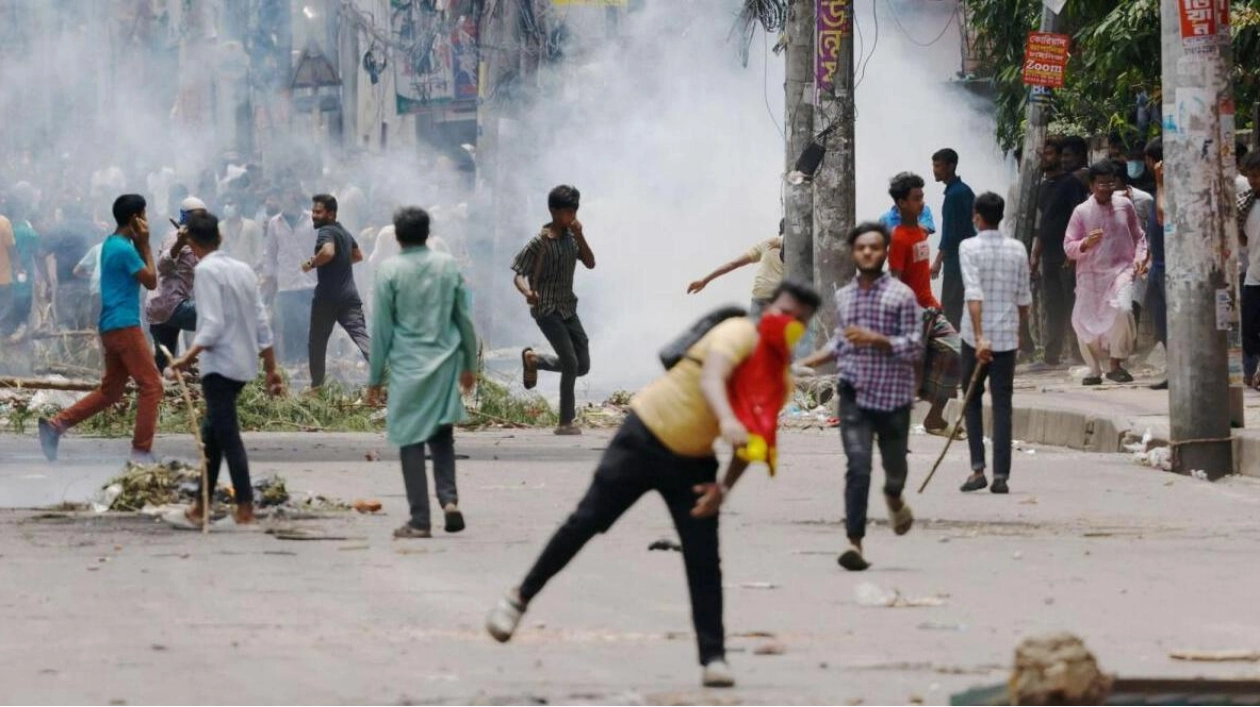
Text: Lara Palmer
20.07.2024
Rising Violence Challenges Prime Minister Sheikh Hasina's Government
